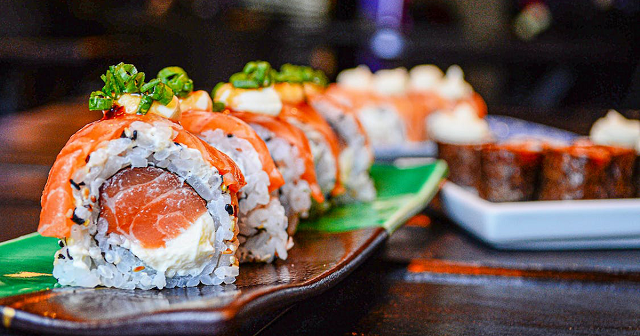また、
Japanese Food is Good for Your Health
Japanese people are known to have the longest life expectancy in the world. And Japanese food is often considered as a factor in this. Sushi, ramen, udon, soba, gyu-don, yakitori, tonkatsu, unagi, sashimi, yakizakana, yakisoba, karaage, gyoza, okonomiyaki, sukiyaki, yakiniku, and/or motsu nabe may come to mind. However, people in Japan do not eat these every day. For example, they may only eat sushi a few times a month or less.
The typical Japanese dishes mentioned above are very tasty, but they’re also high in salt. Therefore, they’re not very good for your health. Most Japanese foods are seasoned with salt, sugar, and miso, which are used in all dishes. Japanese people aren’t healthy because of the food itself, but because of the amount of food they eat. The amount of food served in Japan tends to be smaller than ones in western countries. Therefore, it would not be an exaggeration to say it’s not what you eat that makes you healthy, it's how much you eat that makes you healthy.
In addition, Japan, especially in urban areas, is not a car-oriented society. Japanese usually travel by well-developed public transportation and walk to their destination. I’ve heard that the Japanese people walk more than 7,000 steps a day, on average. This is about double when compared to people in western countries. Eating smaller amounts of food and exercising regularly is probably why people say Japanese people are healthy. This is the reason why Japanese people are said to be healthy.
sign up for the Japanese-Online Newsletter
__..-・**・-..__..-・**・-.._ あいうえお かきくけこ さしすせそ たちつてと なにぬねの はひふへほ まみむめも やいゆえよ らりるれろ わゐうゑを ん __..-・**・-..__..-・**・-.._
#JapaneseOnline #LearningJapanese #FreeJapaneseLessons #JapaneseVideoLearning #JapaneseAnime #Anime #JapaneseFood #Bloguru

